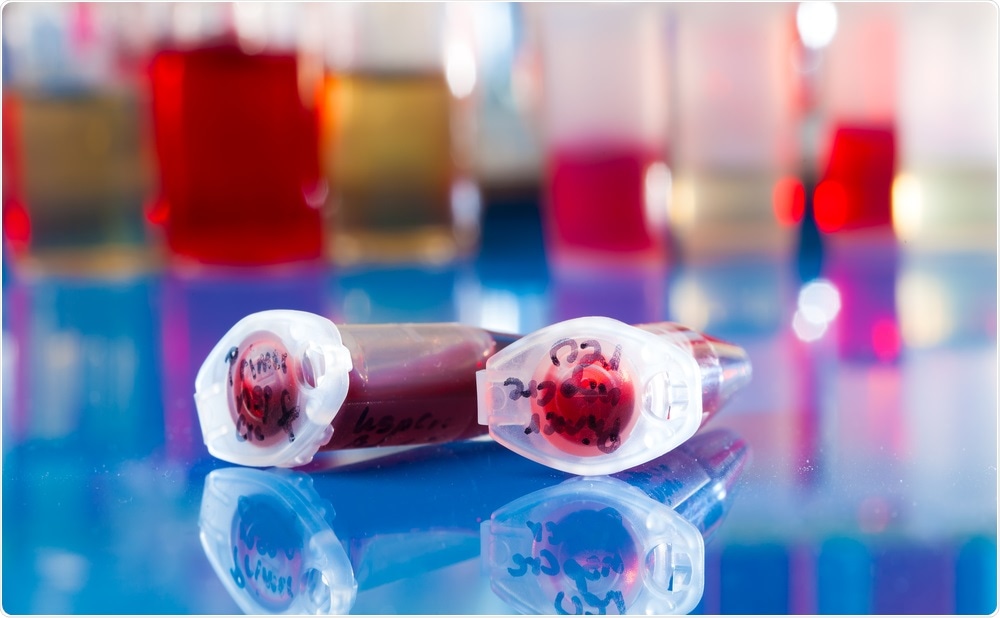Researchers from the University of Adelaide have made a major breakthrough in the fight against cystic fibrosis by successfully replacing the cells that cause the chronic illness with healthy cells.
 Image Credit: motorolka / Shutterstock
Image Credit: motorolka / Shutterstock
The technique involves applying the cell transplantation therapy that is typically used in bone marrow transplants to treat immunodeficiency.
Our research which applies stem cell transplantation, involves harvesting adult stem cells from the lungs of CF patients, correcting them with gene therapy, and then reintroducing those cells back into the patient.”
Dr Nigel Farrow, Study Author
In Australia, one in every 2,500 babies are born with cystic fibrosis and the defective gene that causes the condition is carried by one in every 25 people. If both parents carry the gene, their child has a 25% chance of being born with the illness.
Cystic fibrosis causes mucus to build up in the lungs and digestive system, impairing breathing and increasing the risk of chest infections.
There is no cure for the condition, which affects 70,000 people worldwide, and patients need to undergo a range of treatments including physiotherapy to clear the airways and the use of drugs to aid digestion.
Now, this pioneering study, shows that technically, human airway stem cells can be transplanted into the lung lining.
The newly transplanted stem cells pass on their healthy genes to “daughter cells,” meaning the airways are continuously replenished with healthy cells.
As reported in the journal Stem Cell Research and Therapy, the team found that the transplantation method, which involved using a marker gene in place of the corrective cystic fibrosis gene, was successful in a mouse model.
Farrow says the key to this success was the team’s innovative approach, which involved eliminating existing surface cells to create the space needed for new healthy cells to be introduced.
If we can perfect this technique, it will accelerate this exciting research which could significantly improve the lives of those living with cystic fibrosis and potentially combat this chronic life-limiting illness.”
Dr Nigel Farrow, Study Author
Source:
https://www.alphagalileo.org/en-gb/Item-Display/ItemId/166850?returnurl=https://www.alphagalileo.org/en-gb/Item-Display/ItemId/166850